The coffee-and-life-focused podcast Filter Stories returned this week with Part 2 of its two-part series, Big and Small in El Salvador, examining the situations of two very different competitors at a recent Cup of Excellence competition in El Salvador: “Armando,” a 4th generation farmer and CoE winner who regularly sells his entire crop, and “Maria,” a small producer who ranked 28th in the contest. The well-wrought podcast‘s creator and host James Harper dropped Part 1 earlier this month, examining each farmer’s journey in getting into the competition. Part 2 takes listeners on a visit to each producer’s farm from the perspective of a coffee buyer. In addition, Filter Stories has launched a crowdfunding campaign to allow listeners to taste Maria’s coffee.
Another fascinating interview came this week from the coffee podcast coffeeis.me. Podcast creator and longtime specialty coffee professional Valerian Hrala chatted with Boot Coffee‘s Marcus Young and 2018 Kenyan Aeropress Champion and SCA Lead Diversity Scholar Smayah Uwajeneza.
The ongoing C price crisis, its effects on migration and the ramifications of inaction on the part of the coffee industry were among the topics brought into sharp focus this week in an interview with Alejandro Augusto Molina Leanza, a coffee market specialist at Guatemala’s National Coffee Association (ANACAFE), conducted by the blog Lawfare. Here’s Leanza on the efficacy of corporate sustainability programs:
The sustainability efforts do make an impact for our producing countries. To give perspective, $350 million is spent on sustainability in the coffee sector. But that is $350 million of a $250 billion industry, so it is minimal in perspective. What we are trying to communicate is that we just want to be paid a just price for our coffee. Sustainability efforts are great, but if we were just paid a fair price for our coffee, we could make our own decisions regarding sustainability. Overall, the sustainability actions are trying to hold together an industry that is not sustainable for the coffee farmer.
Online forestry news platform Forests News took an analytical look at the legal and institutional responses to the social–ecological crisis of La Roya in the Chiapas Sierra Madre region. The study found that short-sighted resilience-oriented programs “actually deepened the coffee rust crisis, leading to greater vulnerability of smallholders and of the agrobiodiversity of shade-grown coffee ecosystems:”
With regard to the scale of time, the study illustrates how short-term thinking led authorities to promote emergency interventions in the Chiapas Sierra Madre which, by emphasizing productivity over livelihoods, risk generating future costs while ignoring longer-term nature-based solutions.
The Business Journals caught up with Slingshot Coffee Founder and CEO Jenny Bonchak, whose North Carolina-based cold brew company just closed a $2 million investment round, including funding from a venture incubator arm of Coca-Cola:
“We have exciting plans to continue to build our team, support and grow our retail partnerships, implement greater manufacturing efficiencies and foster our innovation pipeline,” Bonchak says, noting the firm remains “hyper-focused” on its mission to introduce the world to its Raleigh-born products.
In the coffee-and-health department, a new study published in the medical journal BMC Neurology suggests that drinking coffee may be an effective way of reducing the tremors caused by Parkinson’s disease — but only in men:
In total, 204 patients were categorized as coffee drinkers and 80 as non-coffee drinkers. Coffee drinkers were predominantly male and had early symptom onset; in addition, they were younger, reported more years in formal education, and had better motor and non-motor scores than did non-coffee drinkers. After adjustments, coffee drinkers had lower tremor scores than did non-coffee drinkers, and coffee consumption was related to tremors in a dose-dependent manner. These relationships were statistically significant in case of rest tremor but not in case of action tremor. The dose-dependent relationship between coffee consumption and tremor severity was significant only in men. Non-motor symptom scores were not significantly different between coffee drinkers and non-coffee drinkers.
Food & Wine caught up with Andy Mumma of Nashville-based coffee company Barista Parlor to learn more about his interior design motivations and penchant for fixing up and re-purposing old facilities:
While palates have evolved, Barista Parlor has, too––in 2018, Mumma opened a new concept inside of the historic Noelle hotel in downtown Nashville. When the original hotel (called Noel Place) first opened its doors in 1930, it housed a number of retail spaces on its street level, including a barber shop, salon, diner, a drug store, and a coffee shop; Mumma’s venture, fittingly called Drug Store Coffee, preserves the history of that space in an updated, modern way. “You drink with all your senses, so if you’re in a space that’s hitting all of those, you’ll come back, you’ll feel inspired, and hopefully have a better day because of it,” he says. “I’m able to create these huge experiences in 3,000-4000 square feet spaces, and it just wouldn’t be possible in cities where real estate is more expensive.”
Some shops give patron warm fuzzy feelings from their impressive designs; some just do it with warm fuzzies. The latest in the increasingly absurd coffee-with-animals retail trend, a raccoon cafe has opened in the Ukraine. According to CNN, people sometimes wait as long as 30 minutes for their chance to get to know one of these mischievous mammals.
Howard Bryman
Howard Bryman is the associate editor of Daily Coffee News by Roast Magazine. He is based in Portland, Oregon.



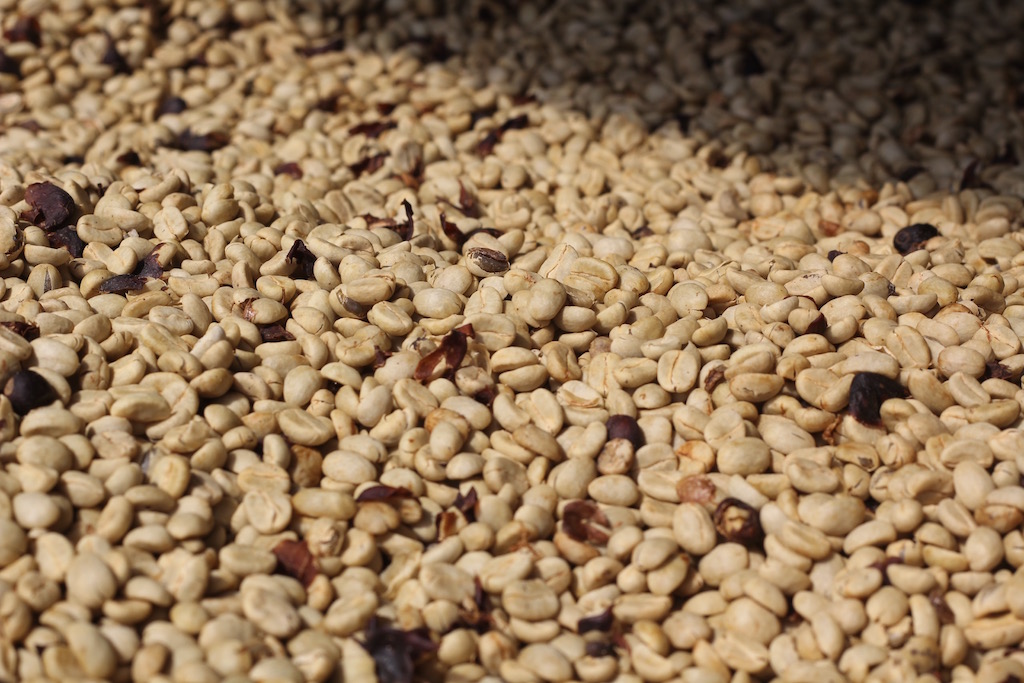
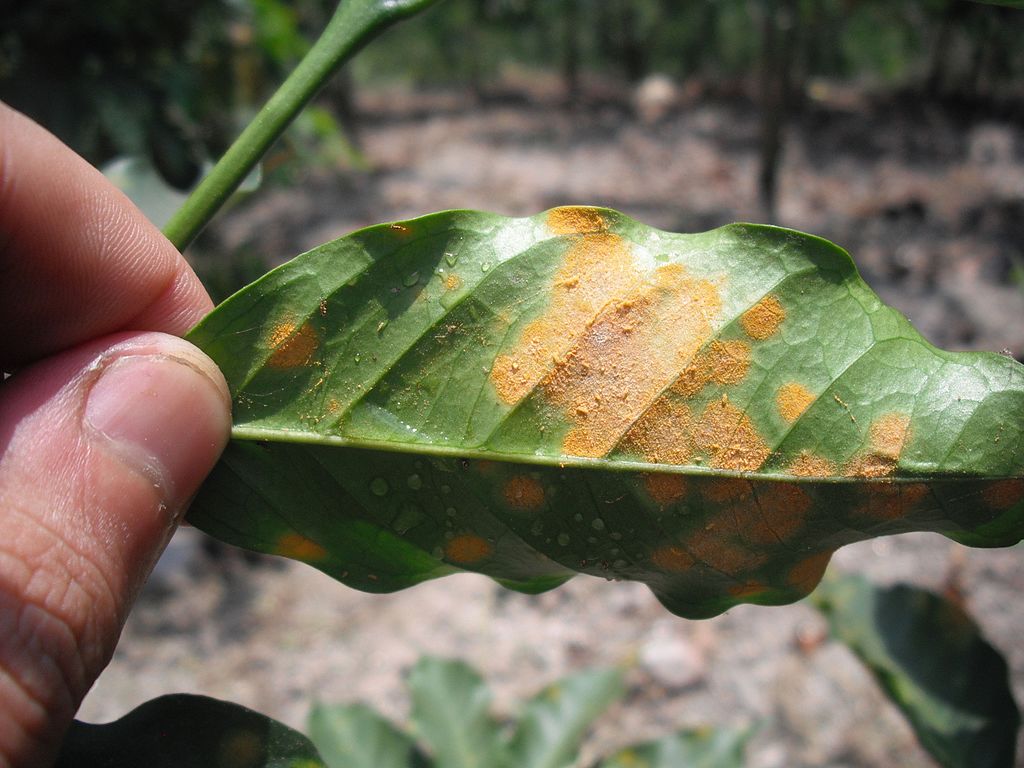
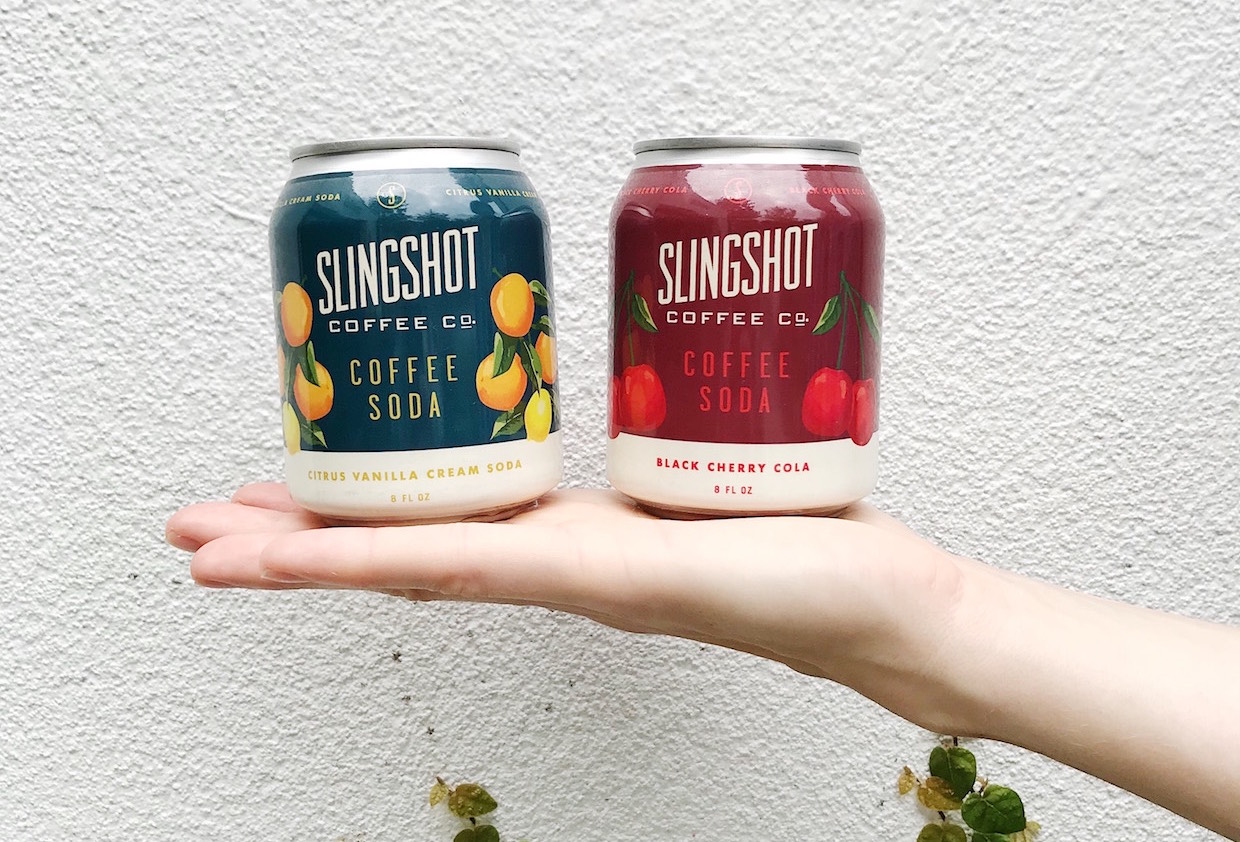
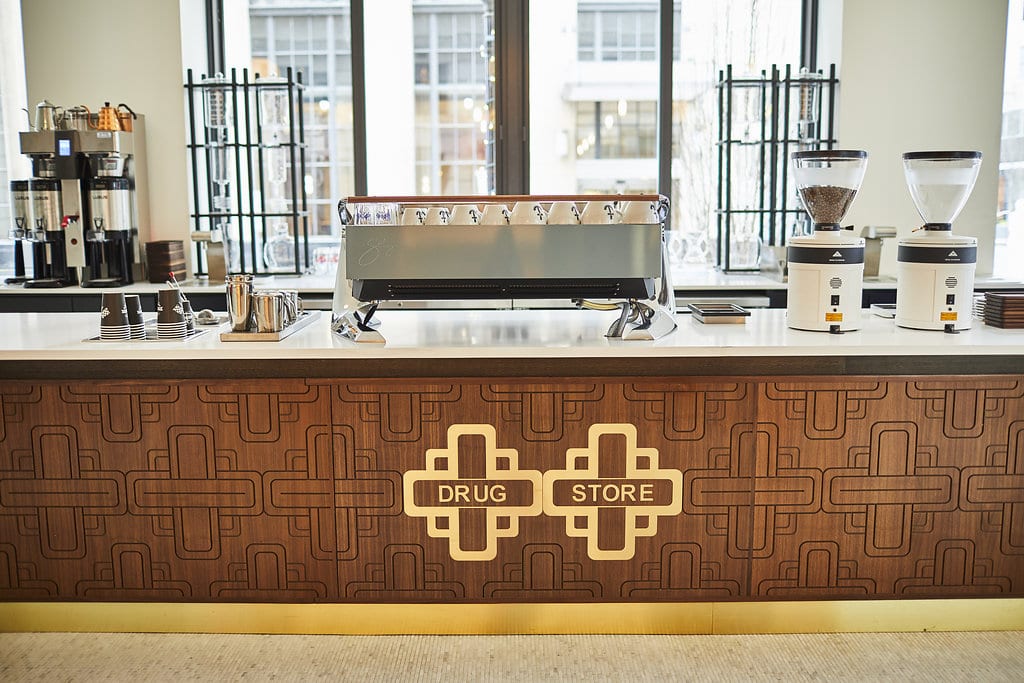
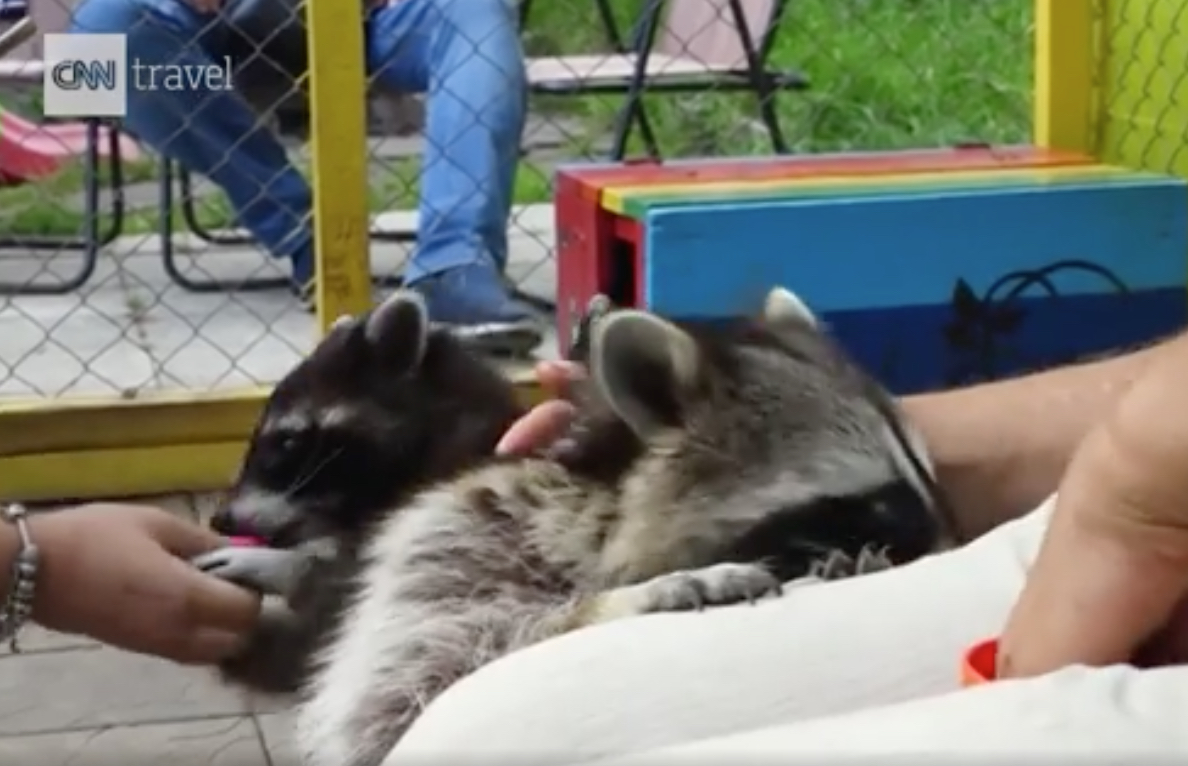



Comment